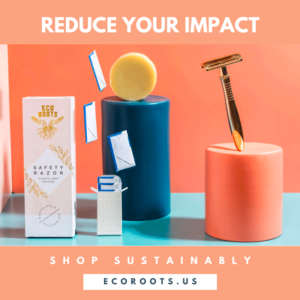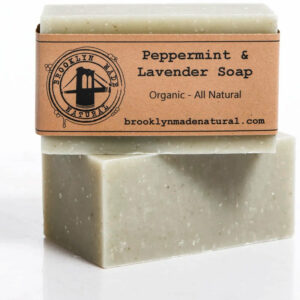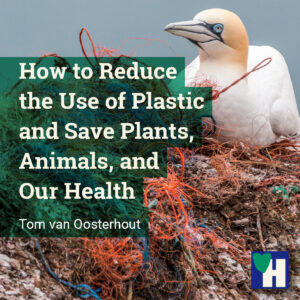
How to reduce the use of plastic is essentially our responsibility. Luckily there are numerous ways in which we can reduce the use of plastic, either at our job or at home.
As a matter of fact, it is quite easy. Imagine what our average day looks like. We get out of bed, freshen ourselves up, get dressed, eat, work, eat, try to relax, and go to bed again.
During such an average day there are 3 activities that are inseparably linked with the use of plastic: hygiene, consumption, and leisure. Every type of activity offers alternatives for the plastics we use.
Some of the links are affiliate links. As an affiliate associate, we earn a commission when you purchase any of the products offered through the shared links at no extra cost for you. This helps us maintain this website.
Table of contents
How to reduce the use of plastic
The best ways to reduce plastic are to minimize our personal use and to boycott companies that use plastics without taking any responsibility. The boycott is easy, the reduction of personal plastic usage is more of a challenge.
A life-cycle of problems
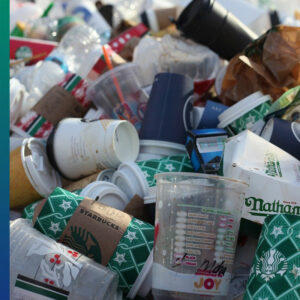
The problem with plastic is that it has many advantages. It is easy to mould, strong, hygienic, easy to transport because of its lightweight and it’s very cheap.
The disadvantages, however, outnumber the advantages. Plastic is made of fossil fuels. The production process is highly toxic and always pollutes the environment.
Many poisonous and carcinogenic chemicals are added to plastics with the risk of leaching in our food and in the environment.
Moreover, plastics are hardly degradable. A plastic straw is used for 5 minutes but has a lifespan of 200 years. And plastics contribute substantially, negatively to climate change.
Related: 9 Tips to Reduce Packaging for Consumers (and Listening Producers)
Hygiene
The hygienization of our everyday life has come with some severe drawbacks. We use plastic toothbrushes, plastic butt wipes, plastic ear swabs, and plastic diapers.
The soap, shampoo, toothpaste, and detergents we use to clean ourselves and our living and working environments, are packaged in plastics. All this plastic severely pollutes the environment and jeopardizes plants, animals, and our health.
There are however very effective and environmentally friendly and healthy alternatives.
Personal hygiene
We use toilet paper made of recycled paper which comes in a cardboard box. To not disturb my natural skin health I hardly use any soap or shampoo. Water is usually enough to get clean.
But if you really want to wash your hair with shampoo, use a shampoo bar made of organic soap. It lasts longer and is easier to take with you, for example on a holiday.
There are bamboo toothbrushes, butt wipes, ear swabs, and diapers. It takes some effort to find these products, but the results are rewarding.
Related: 5 Eco-Friendly Reasons why we Should Buy Recycled Toilet Paper
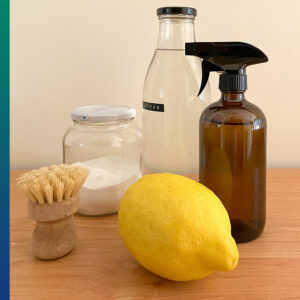
Household hygiene
One of the organic shops where I buy my stuff has big tanks with various detergents. I bring my own glass 1-litre bottles and fill them up.
Where we live there are thousands of acres of lemon, orange, and mandarin orchards. Unfortunately, not many of them are organic.
Organic or not, lemon and orange juices are excellent as cleaning agents. Mixed with a little natural, organic green soap, it is an excellent cleaning agent.
An alternative environmental-friendly cleaning agent is a mixture of organic baking soda, organic vinegar, and organic green soap. Put the ingredients with water in a glass bottle, shake the bottle, and add a spray hose and head. It’s immediately ready for use.
Related: What is Eco-Friendly Household Cleaning and why We all Need to Switch
Consumption
No consumption without shopping. Once a week I drive to an organic shop. Of course, it would be best to buy fresh produce every day and get it on foot or on my bike. In our modern society, this would only be possible when we lived next to the organic shop.
The next best thing is to go shopping as few times as possible. This means, however, that at the end of the week, we usually run out of fresh produce. Fortunately, there is also a lot of good organic food sold in glass jars.
Organic food in glass jars is fresh products’ next best option. When we really have no choice, we buy products packaged in bioplastics or recycled paper.
When I go to the organic shop, I use my own bags. I also bring my own glass pots, and bottles to be refilled. Not every staff member, of the organic shops we visit, is comfortable with our bags, pots, and bottles. But with our enthusiastic approach, they go a long way.
Related: How can Shopping be Sustainable? Tips and Best Practices
Food
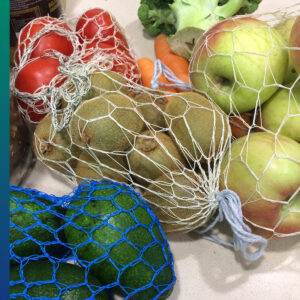
At the organic shop, we buy as many fresh fruits and vegetables as possible. Preferably from local producers. Now and again we visit local producers ourselves.
And we try to grow our own fruits, herbs, and vegetables, of course. The limited results of our efforts are hugely compensated by the fun of organic farming at home.
We only eat twice a day. Once early in the morning and next between 14:00 and 15:00 hours in the afternoon. Between 17:00 and 18:00 hours, we eat a piece of fruit or a handful of nuts.
We always eat from ceramic plates and with metal utensils. When we need to preserve an excess of prepared food we put it in glass containers and either store it in the fridge or the freezer.
Drinks
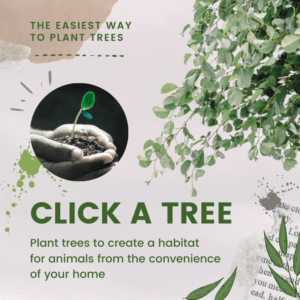
At home, we only use glass and ceramic cups for the organic tea, coffee, and juices we drink. We never drink water straight from the tap. It is always filtered.
We filter our water with reusable filters. The filters used can be sent back for free to the company we bought them from. They recycle the filters and sell them again.
When we go out for a day we take our own glass bottle of water with us. When we travel for more than one day, we take the water filter and some glasses with us. For hot drinks, such as tea and coffee, we use a thermos flask.
We never use straws. For the grandchildren, we bought bamboo ones.
Related: Different Kinds of Water, Does it Matter which Water we drink?
How to reduce the use of plastic
There are many more alternatives for the plastics we use. Many clothes are made from plastics. Despite the fact that there are excellent organic cotton, linen, hemp, and bamboo alternatives on the market.
Related: How Clothing and Health are Related in Unusual Ways
In general, we have to curb our throwaway culture. A good rule of thumb when we’re out of the house, is ‘garbage in, garbage out.’ Whatever we take with us and do not eat or drink, we need to take back at home and dispose of properly.
The less plastic we use, the less we need to dispose of, and the more we contribute to a better world.
Do you have other ideas to reduce the use of plastics? Please tell us in the comment box below.
Related: Protect the 1.000.000 Endangered Species of the World

